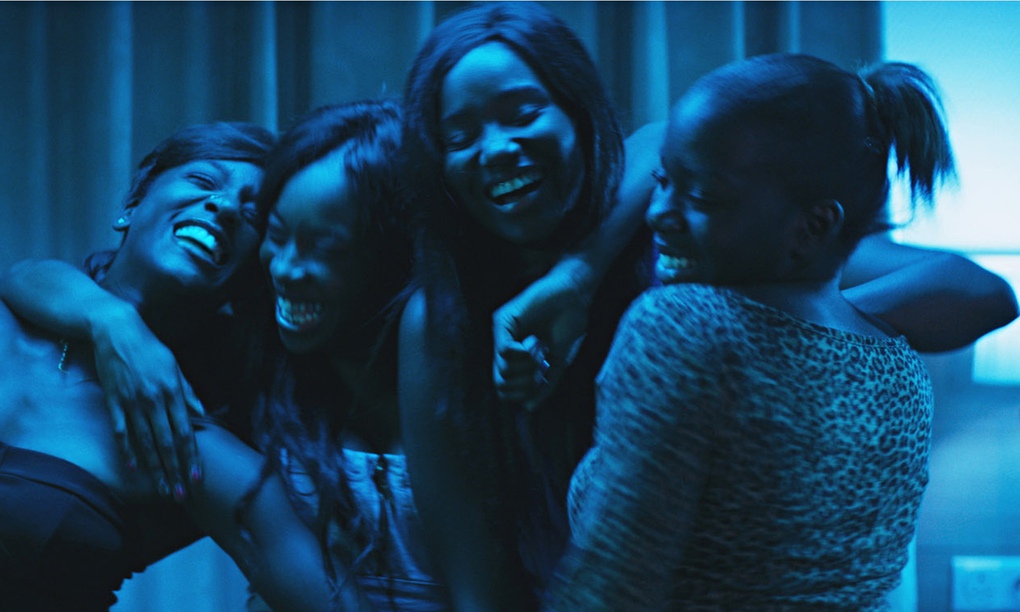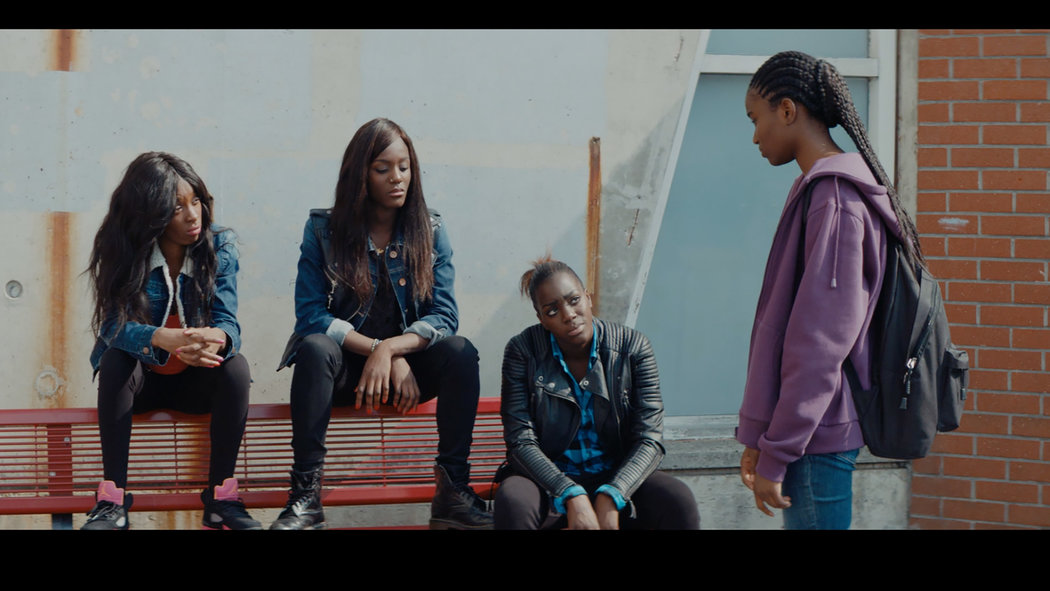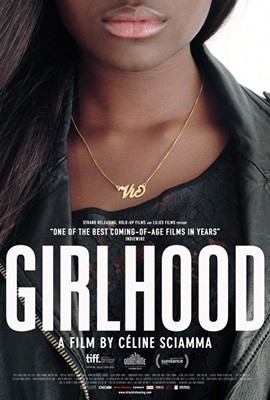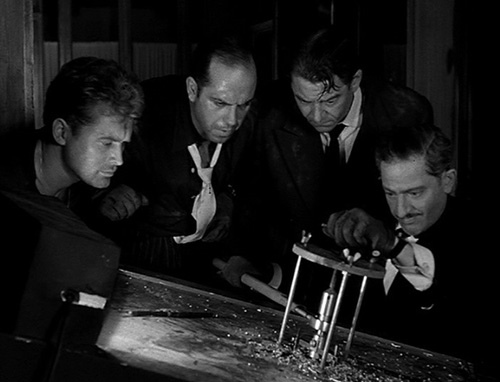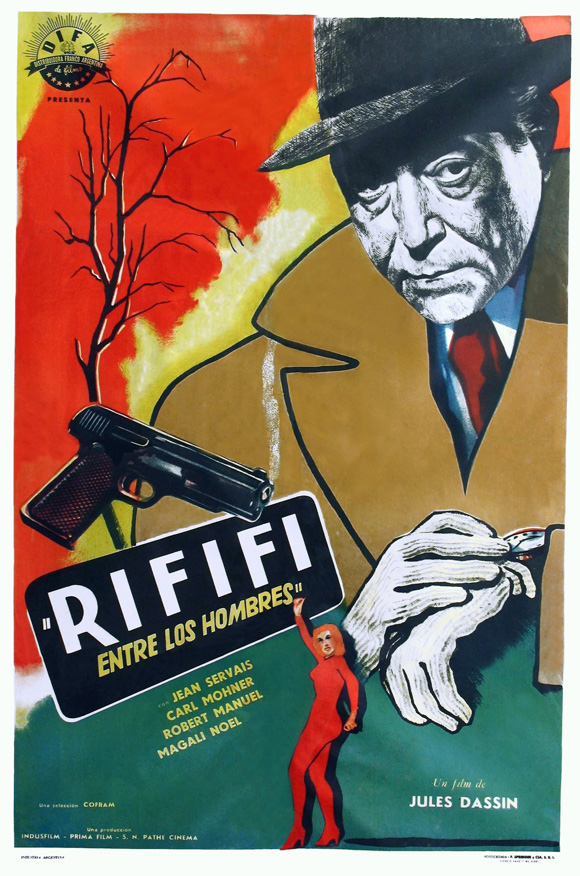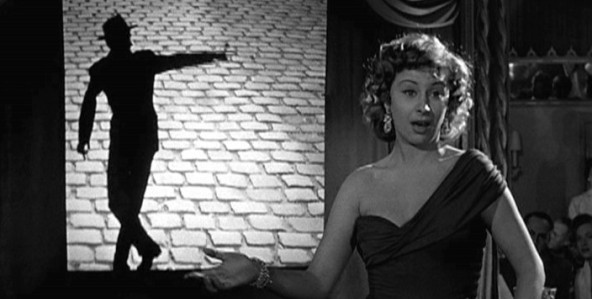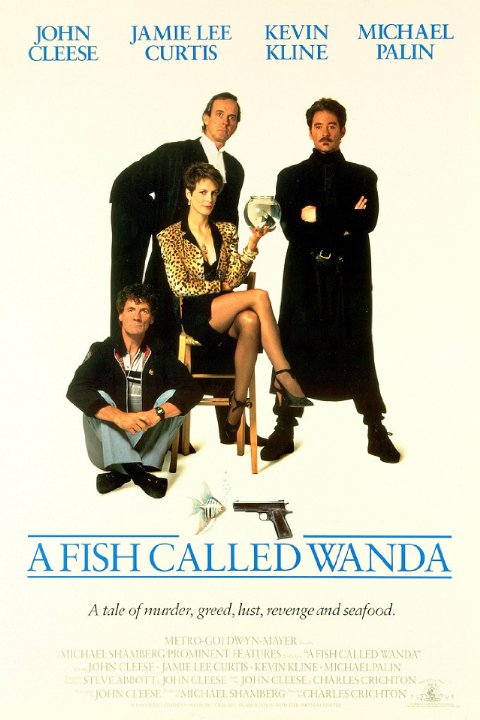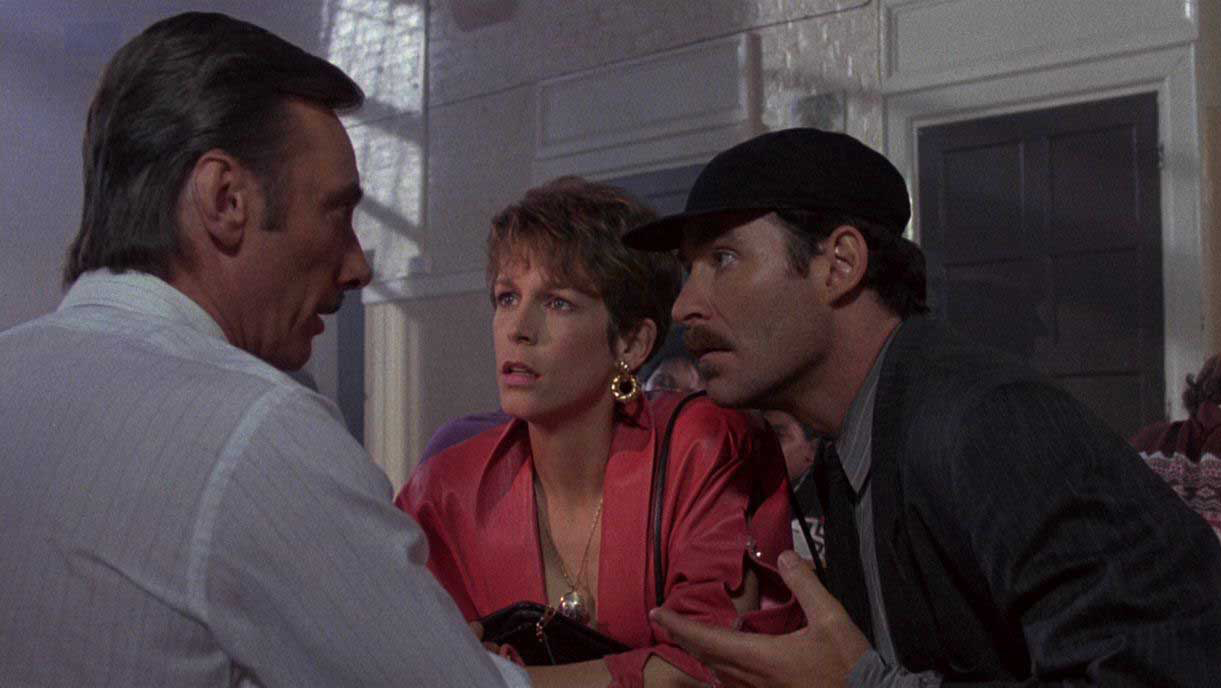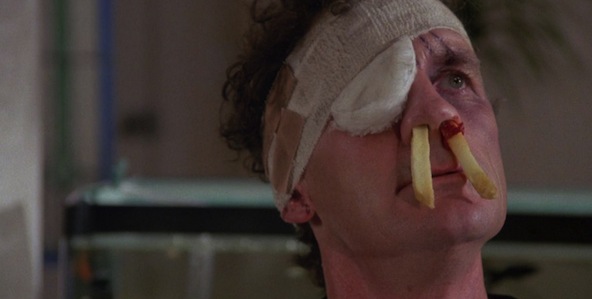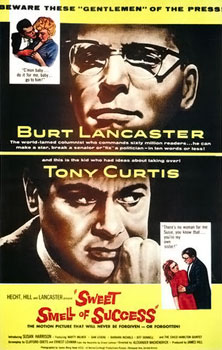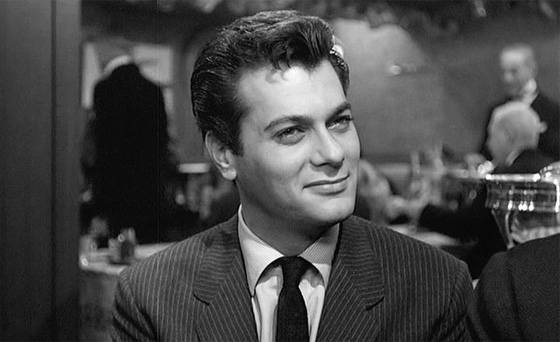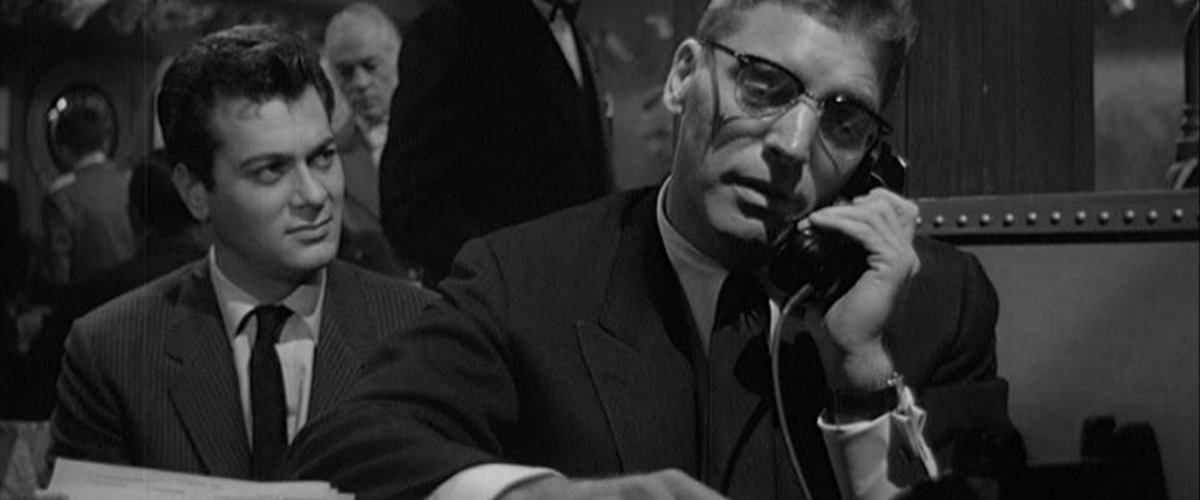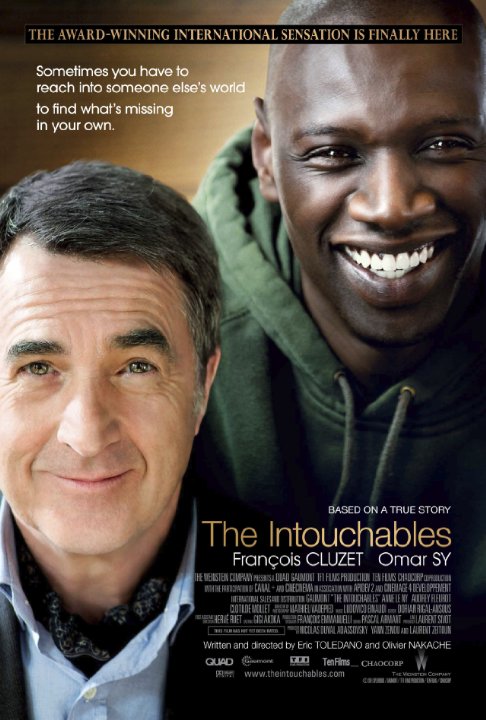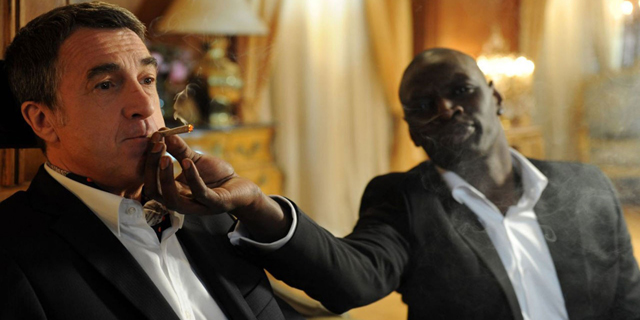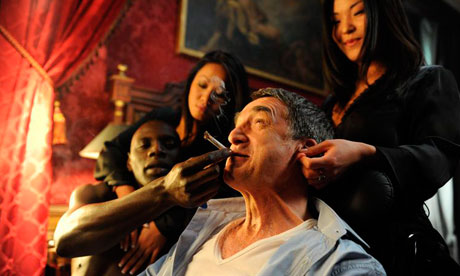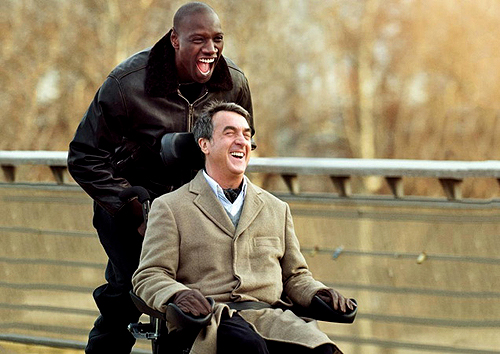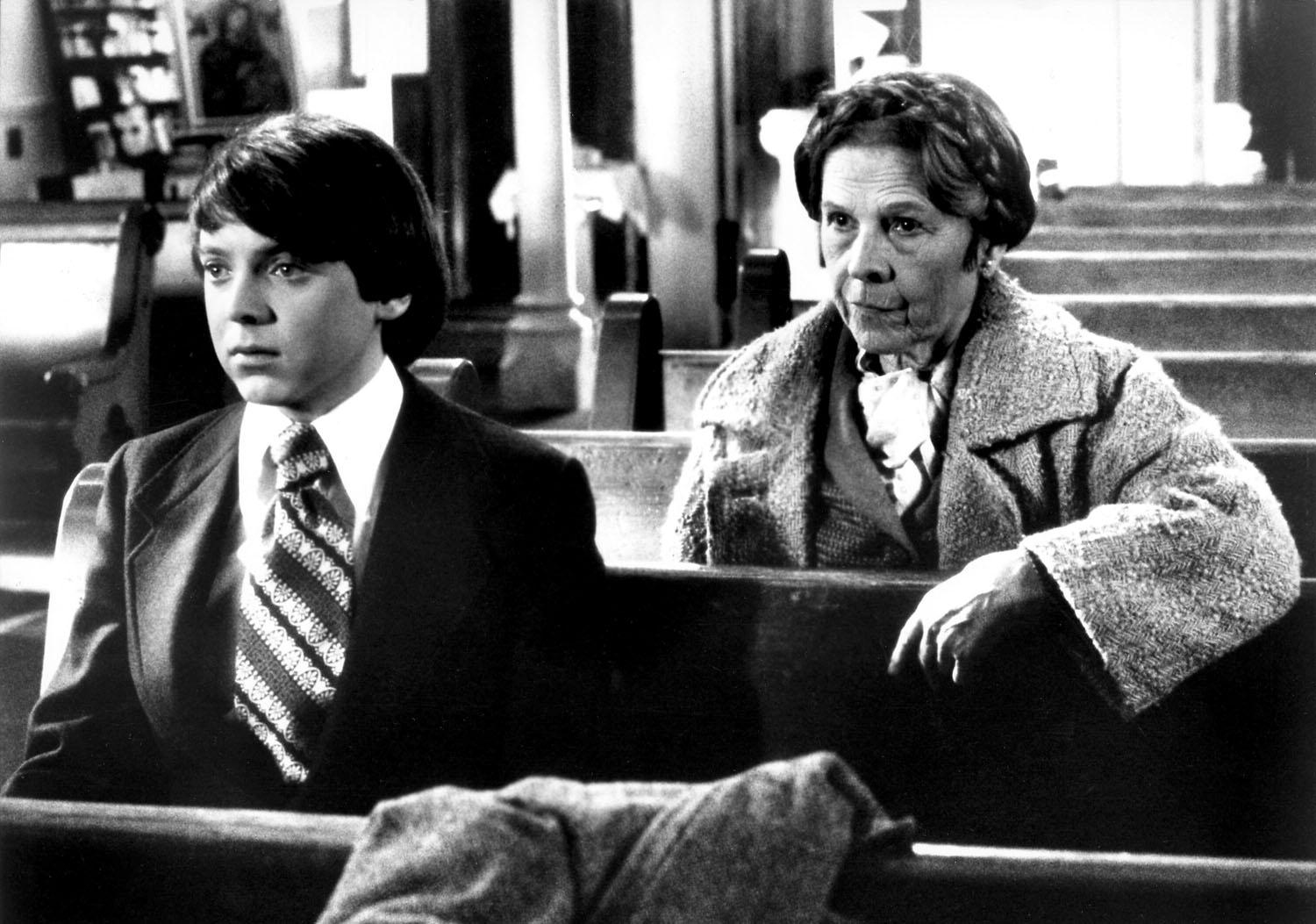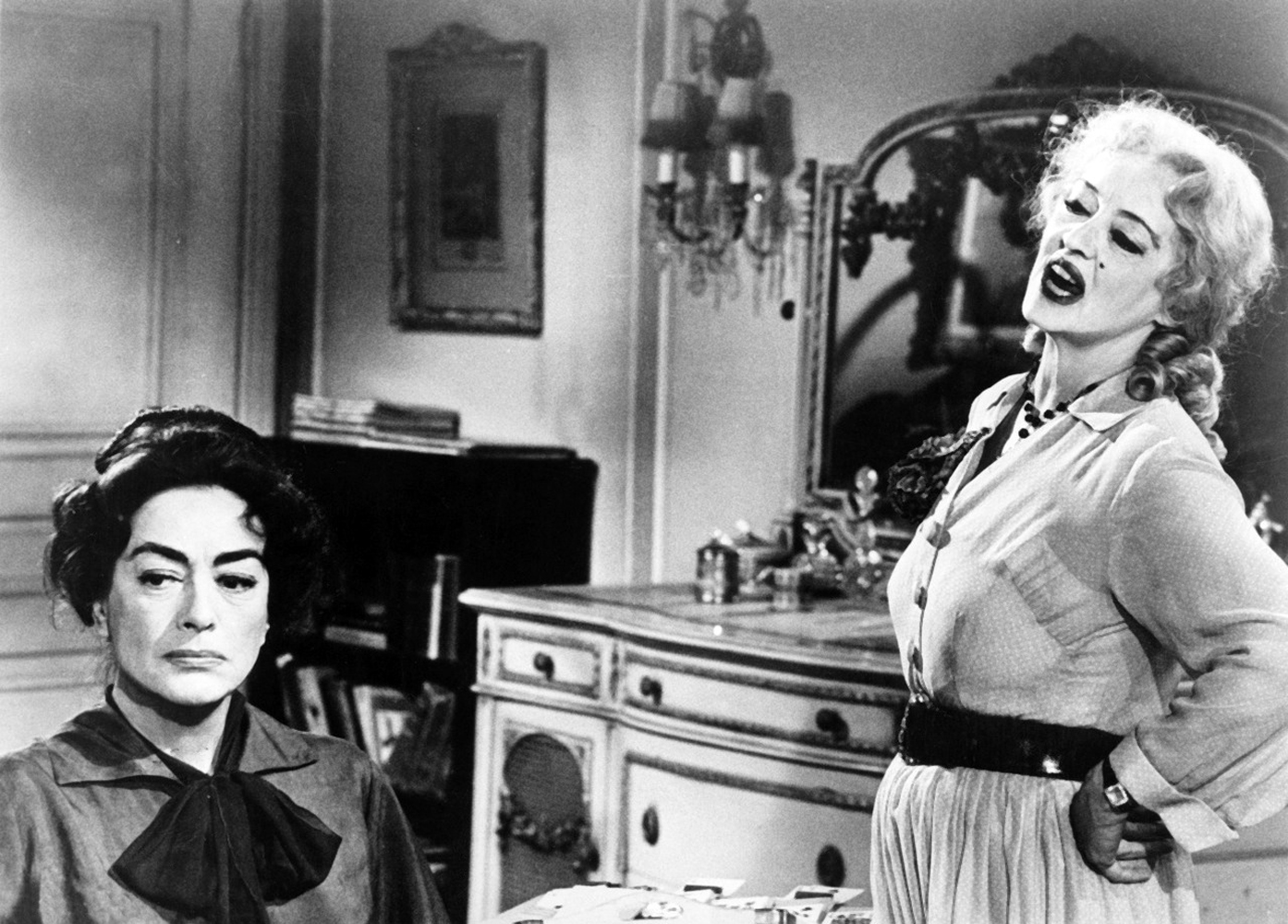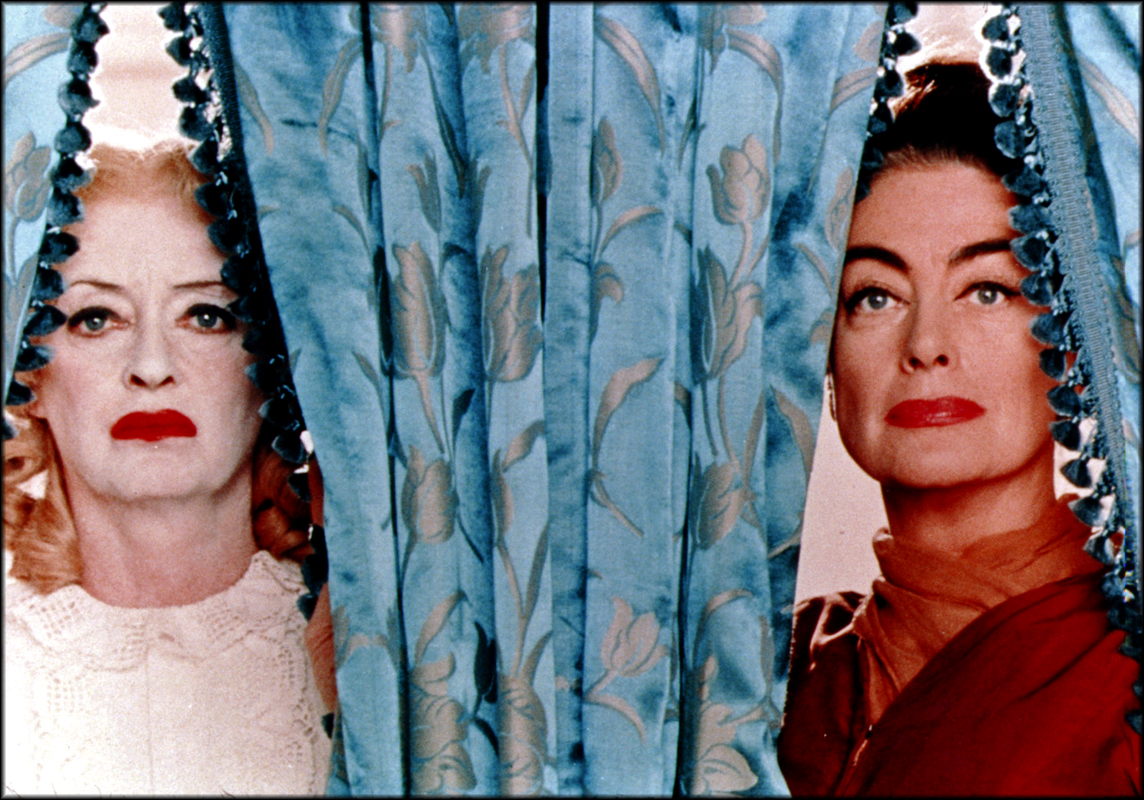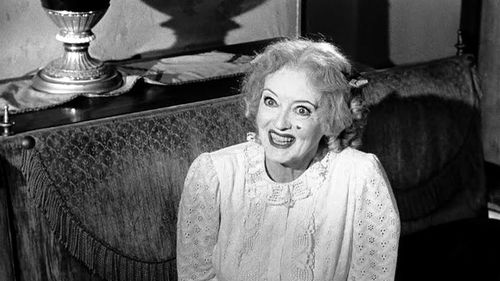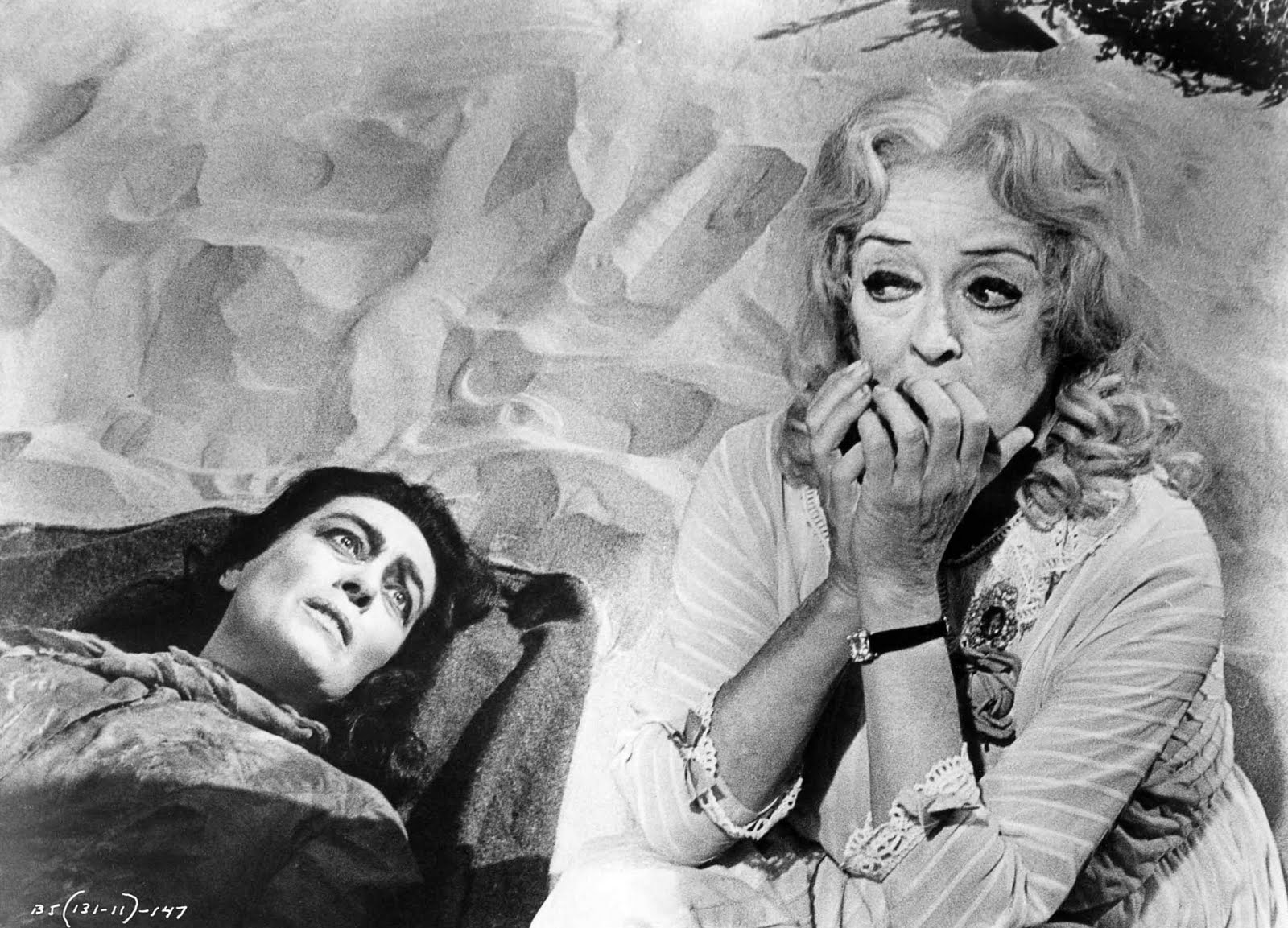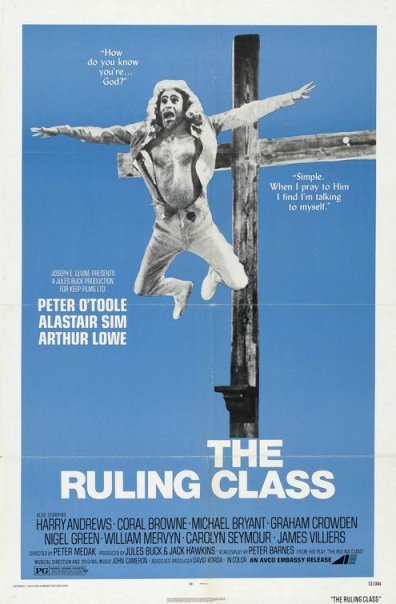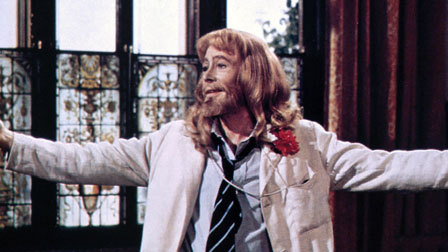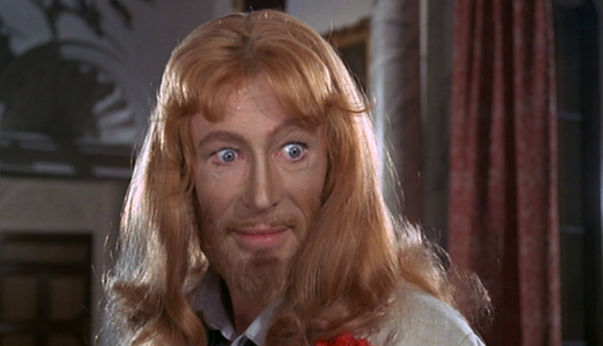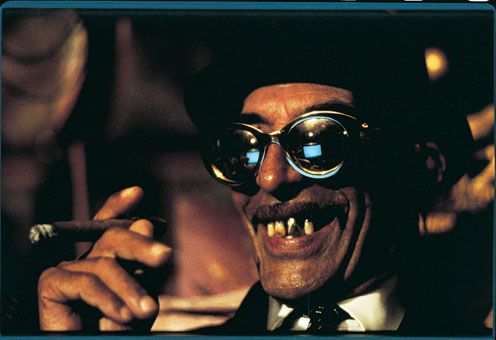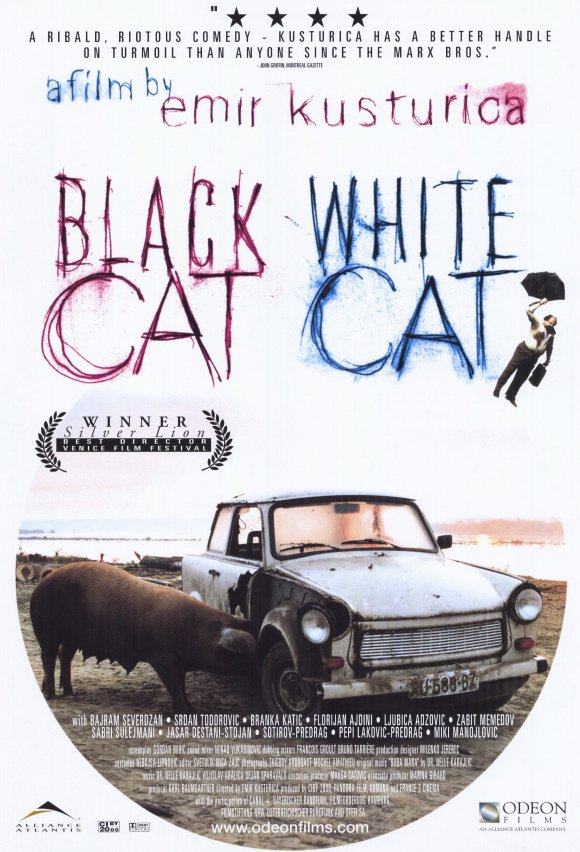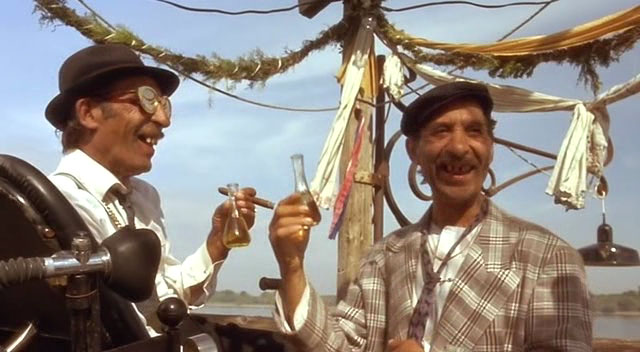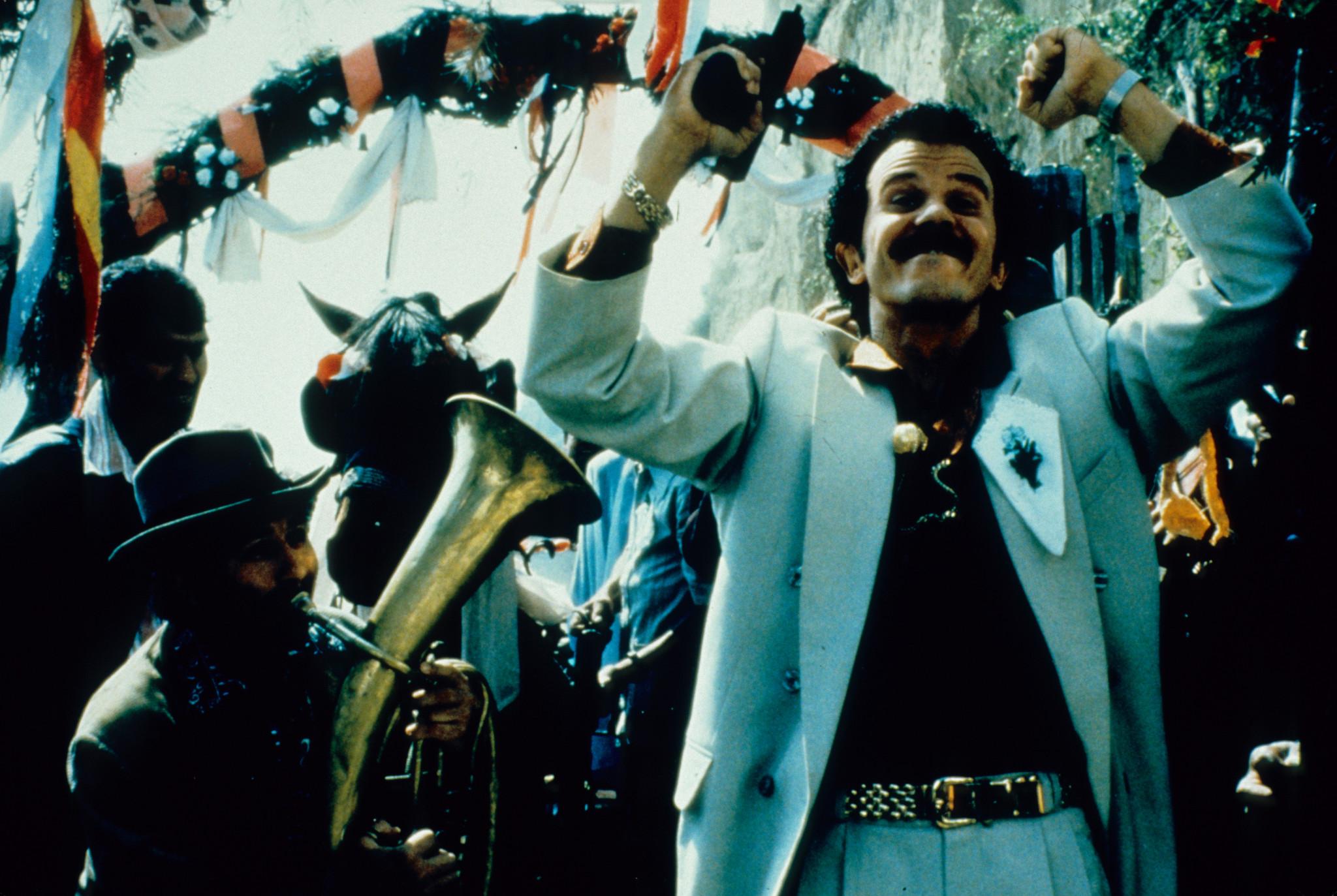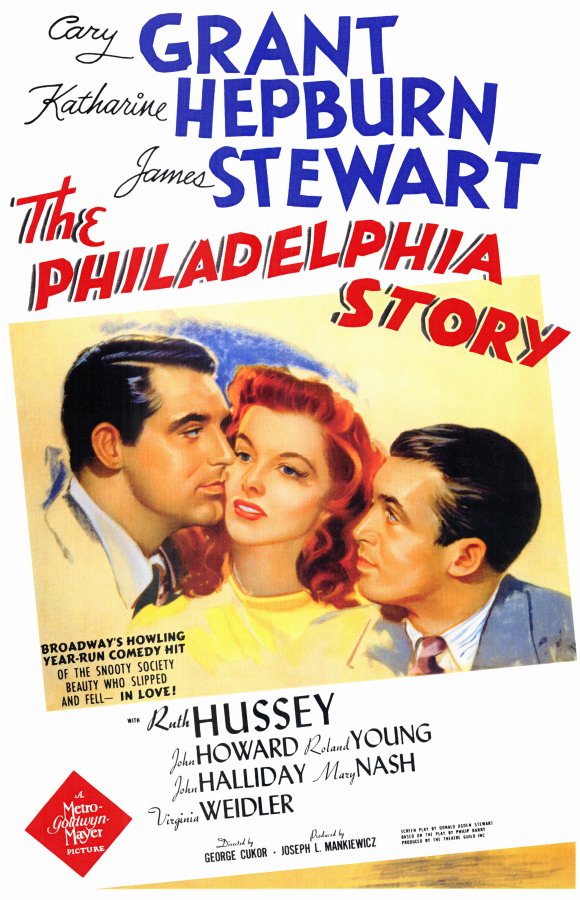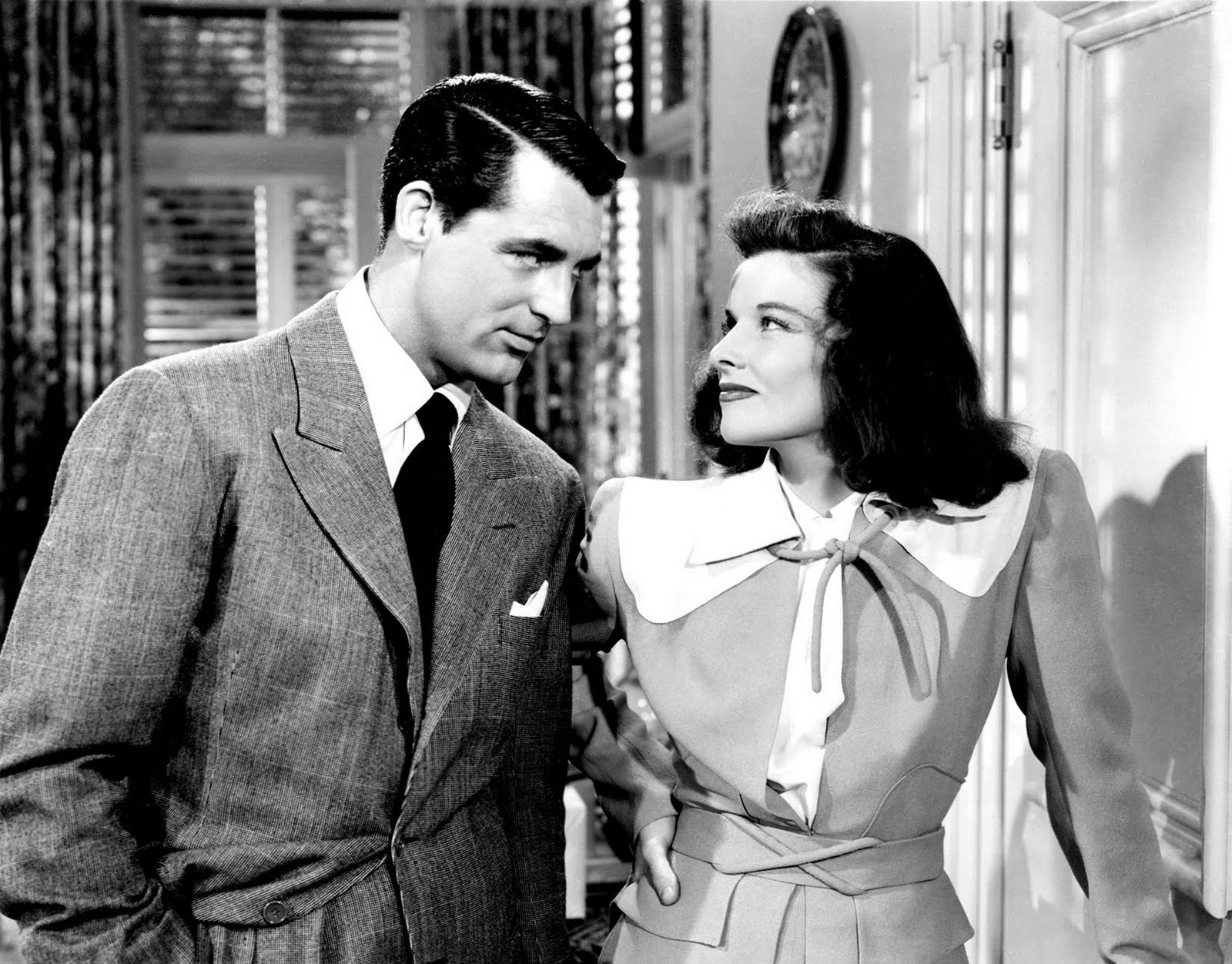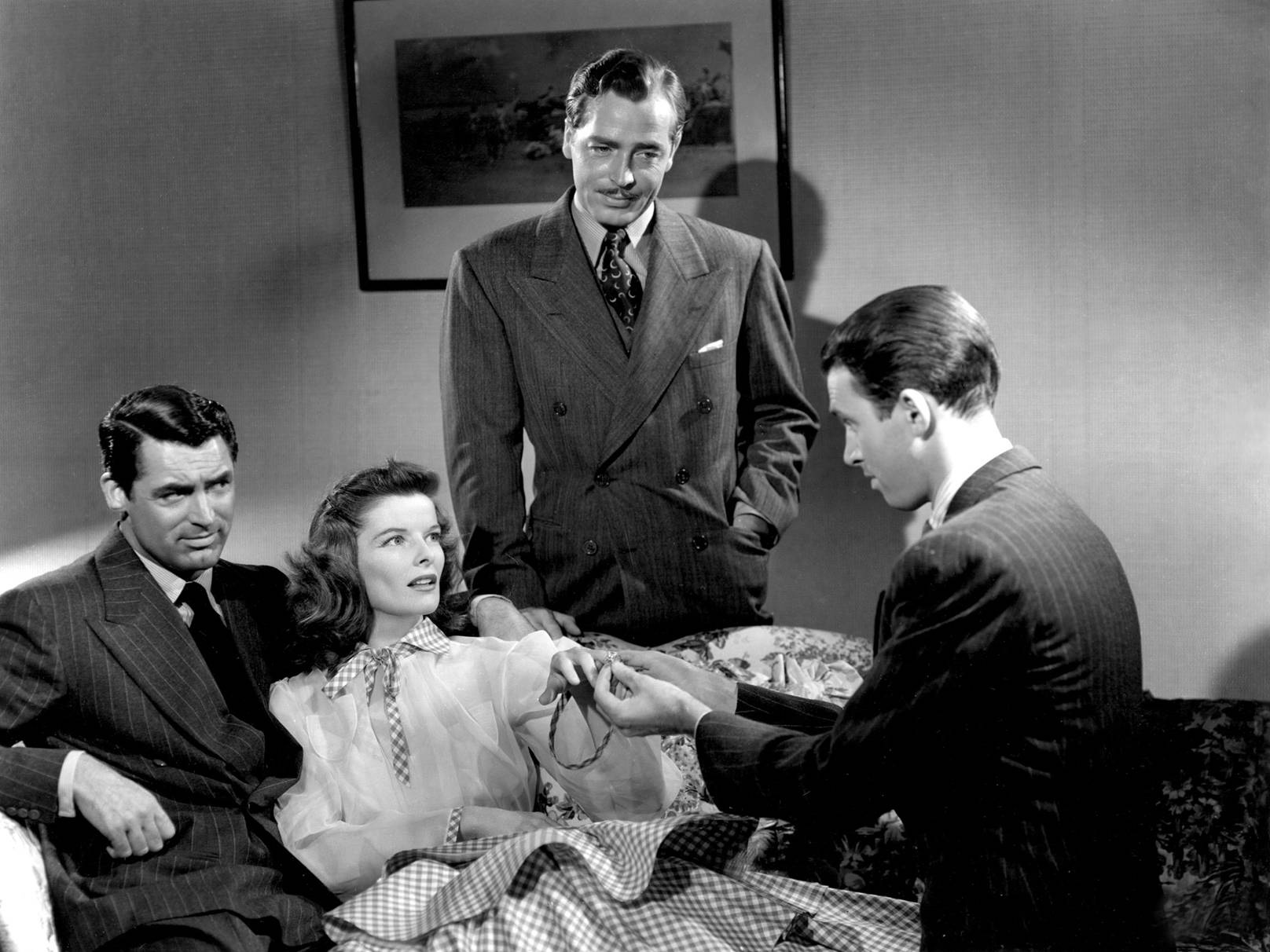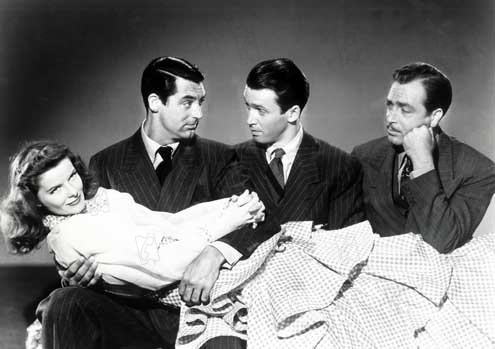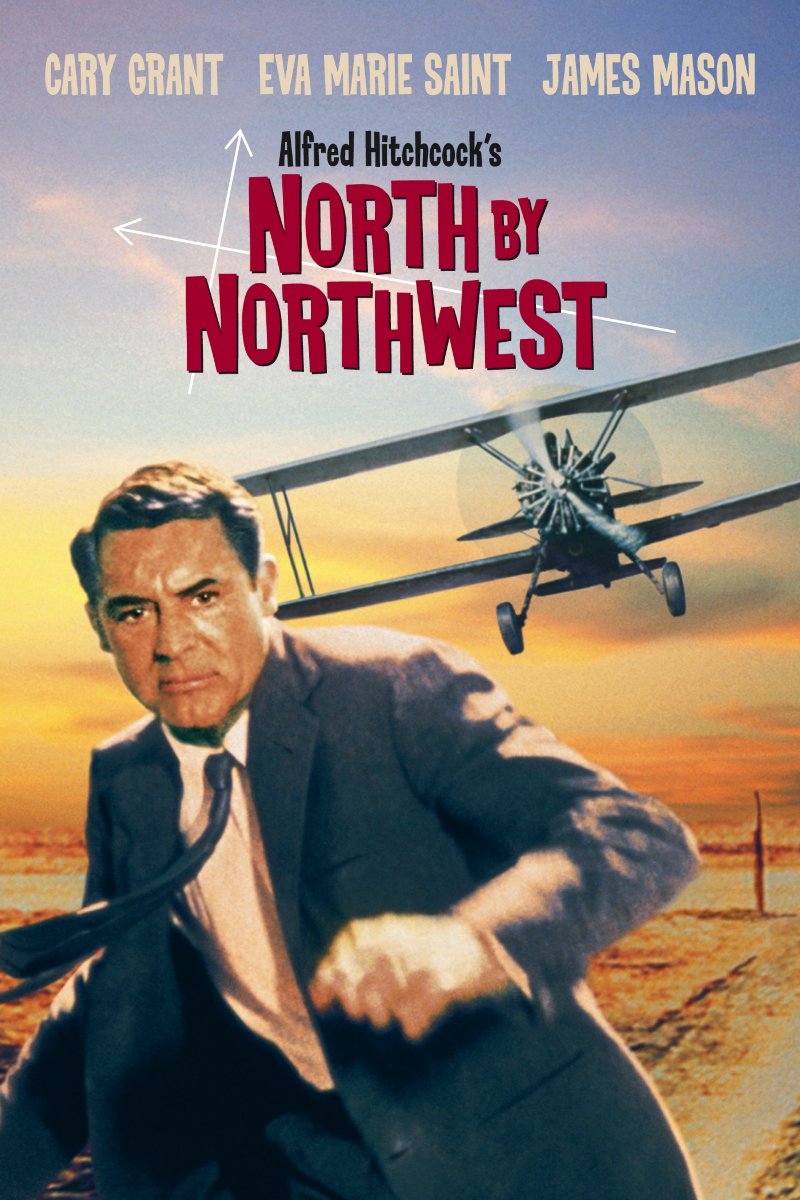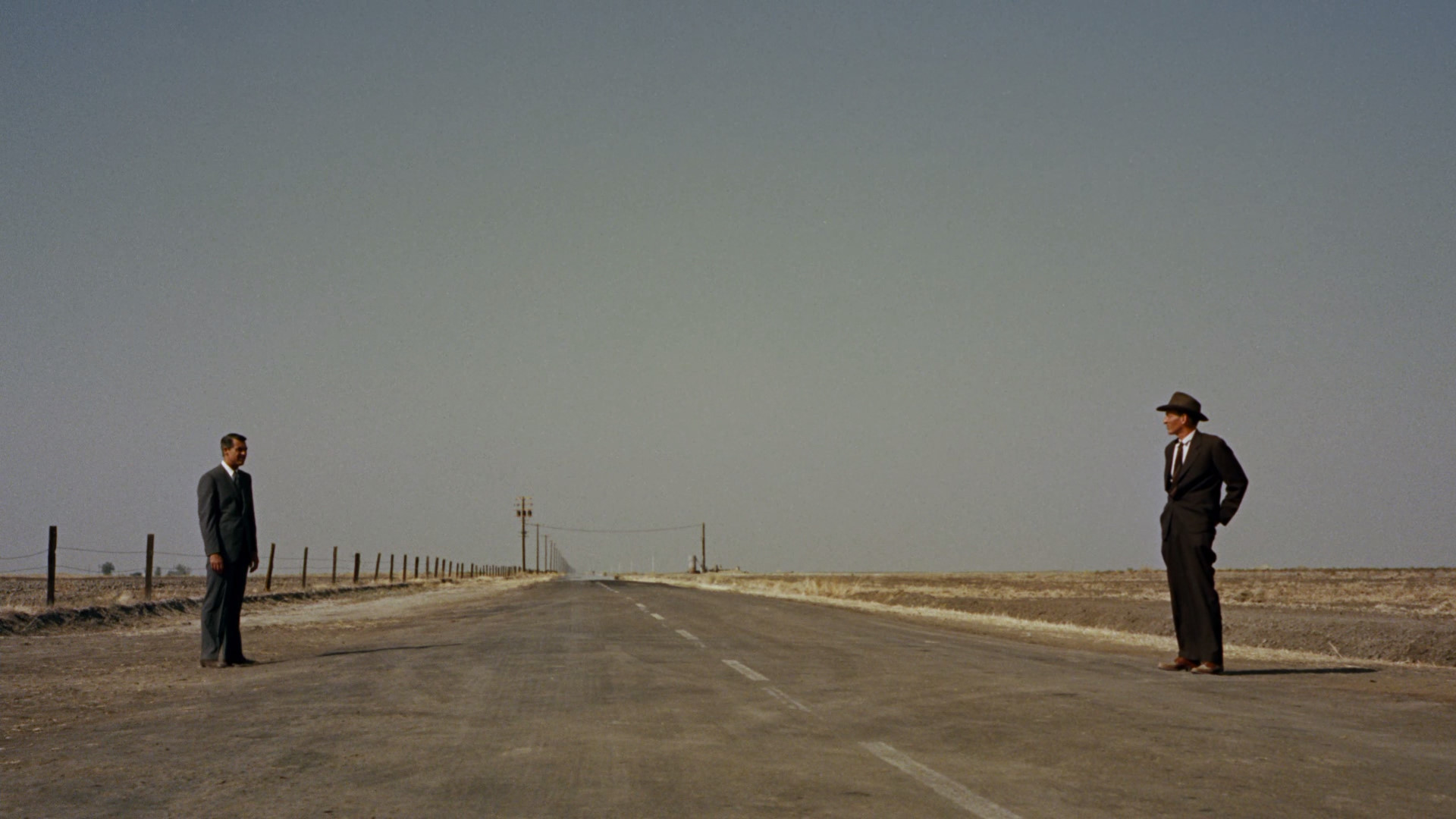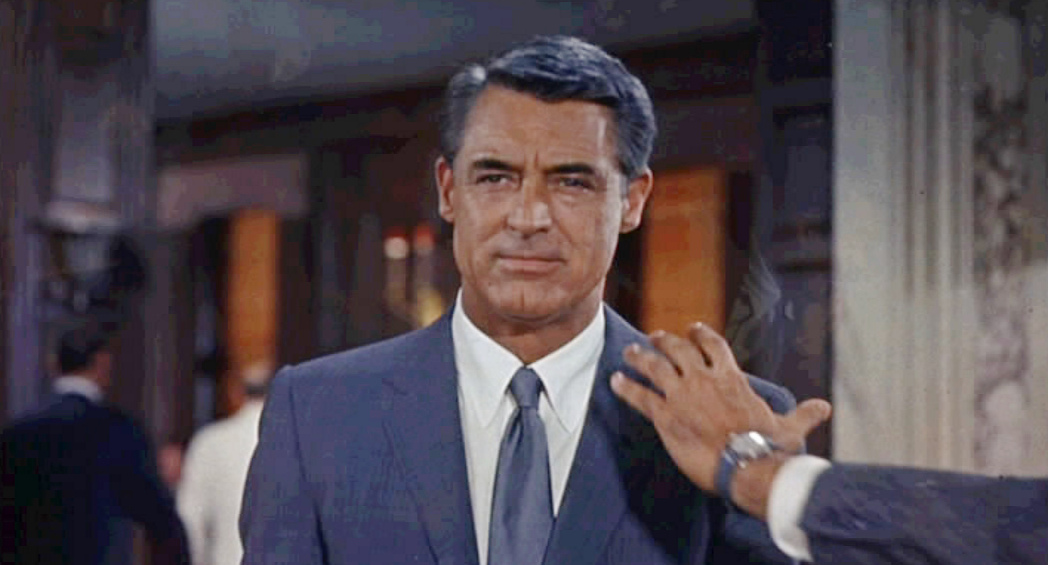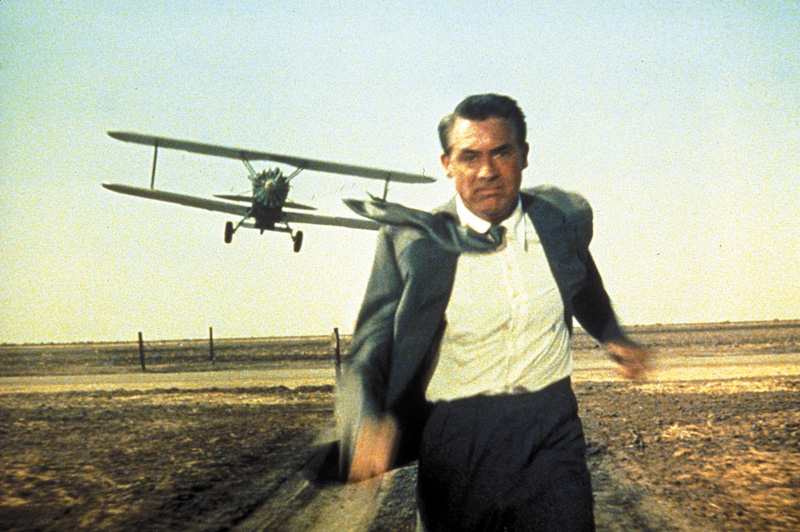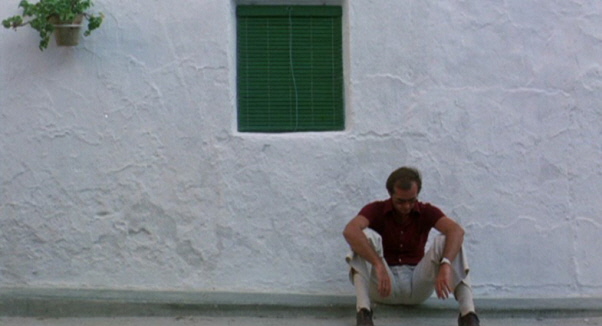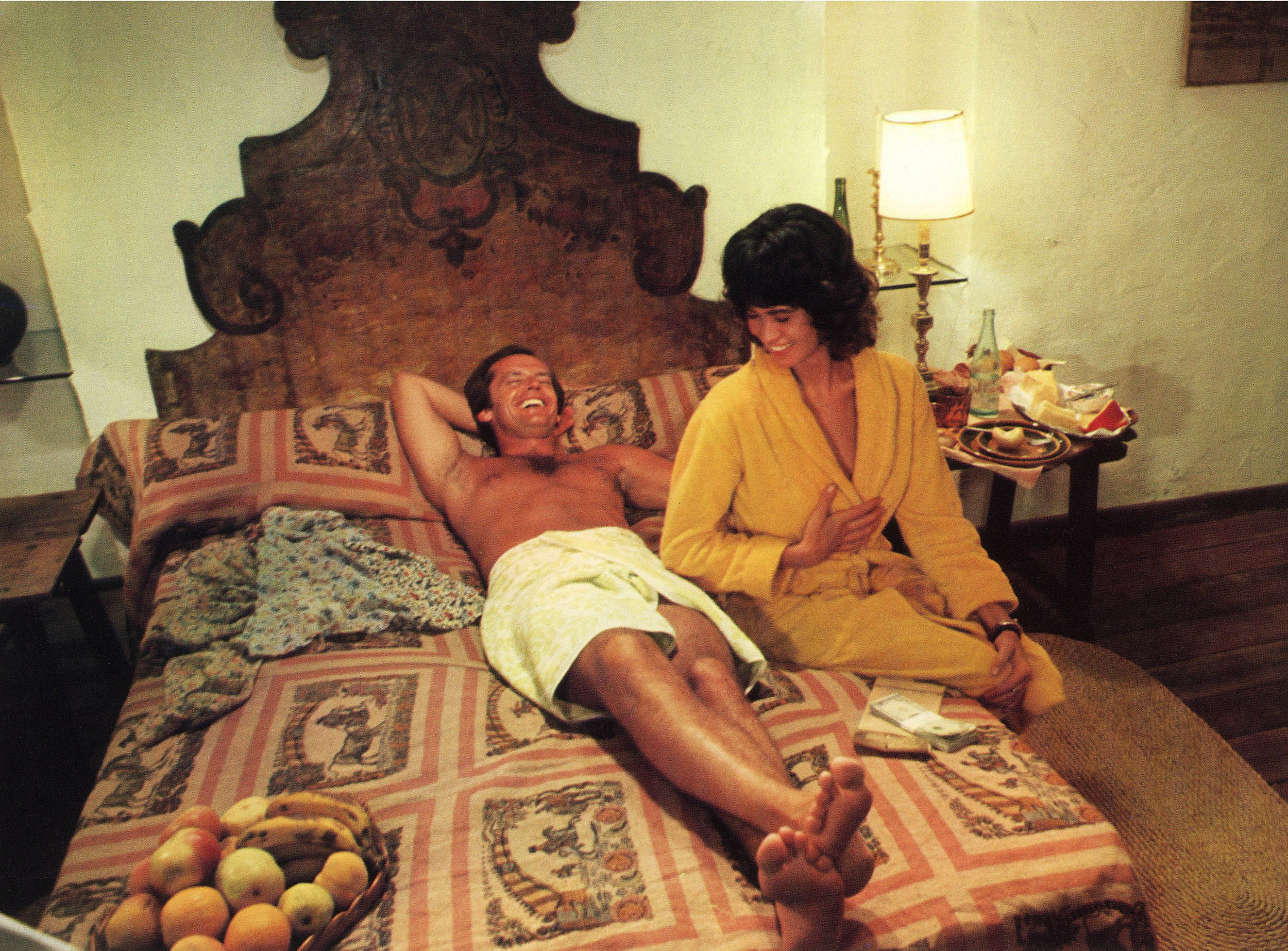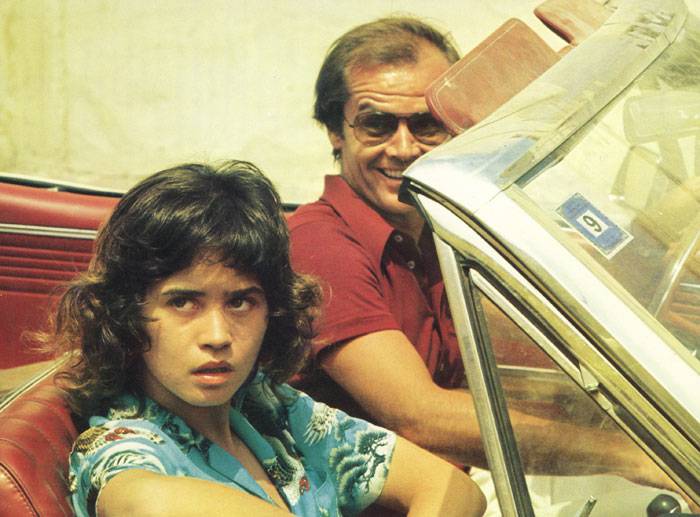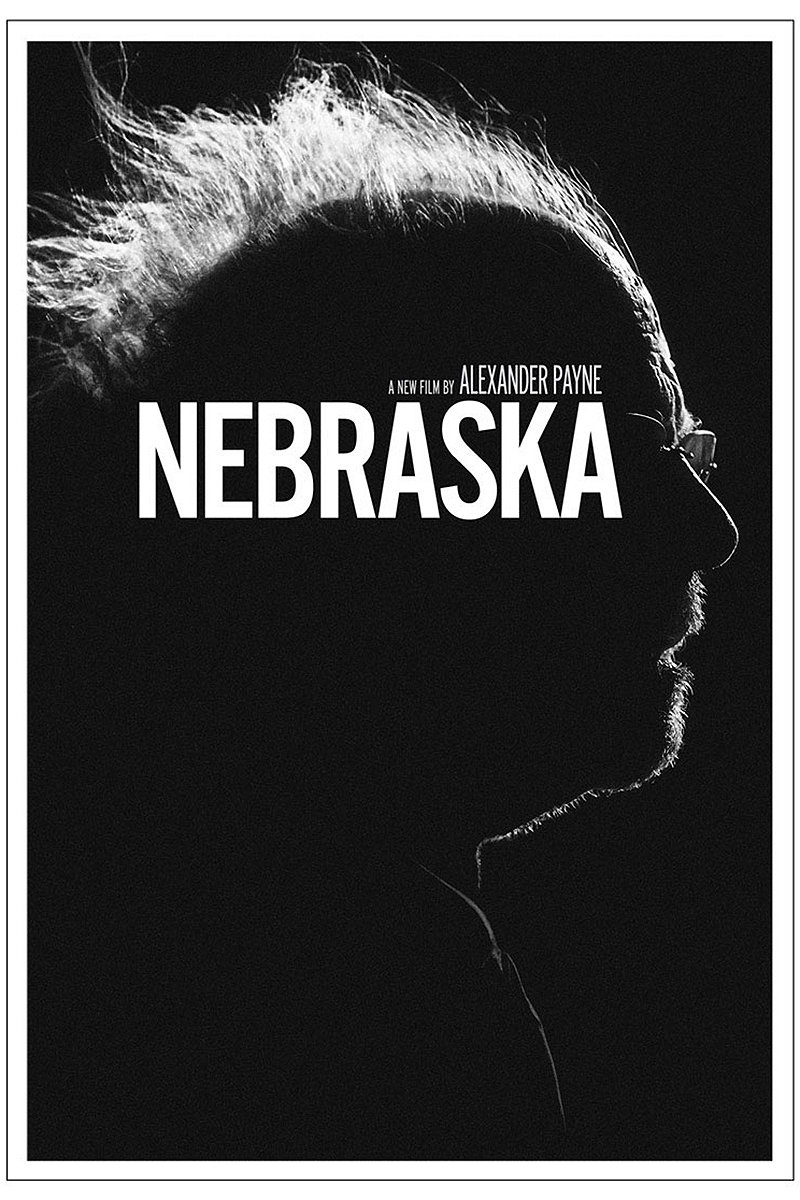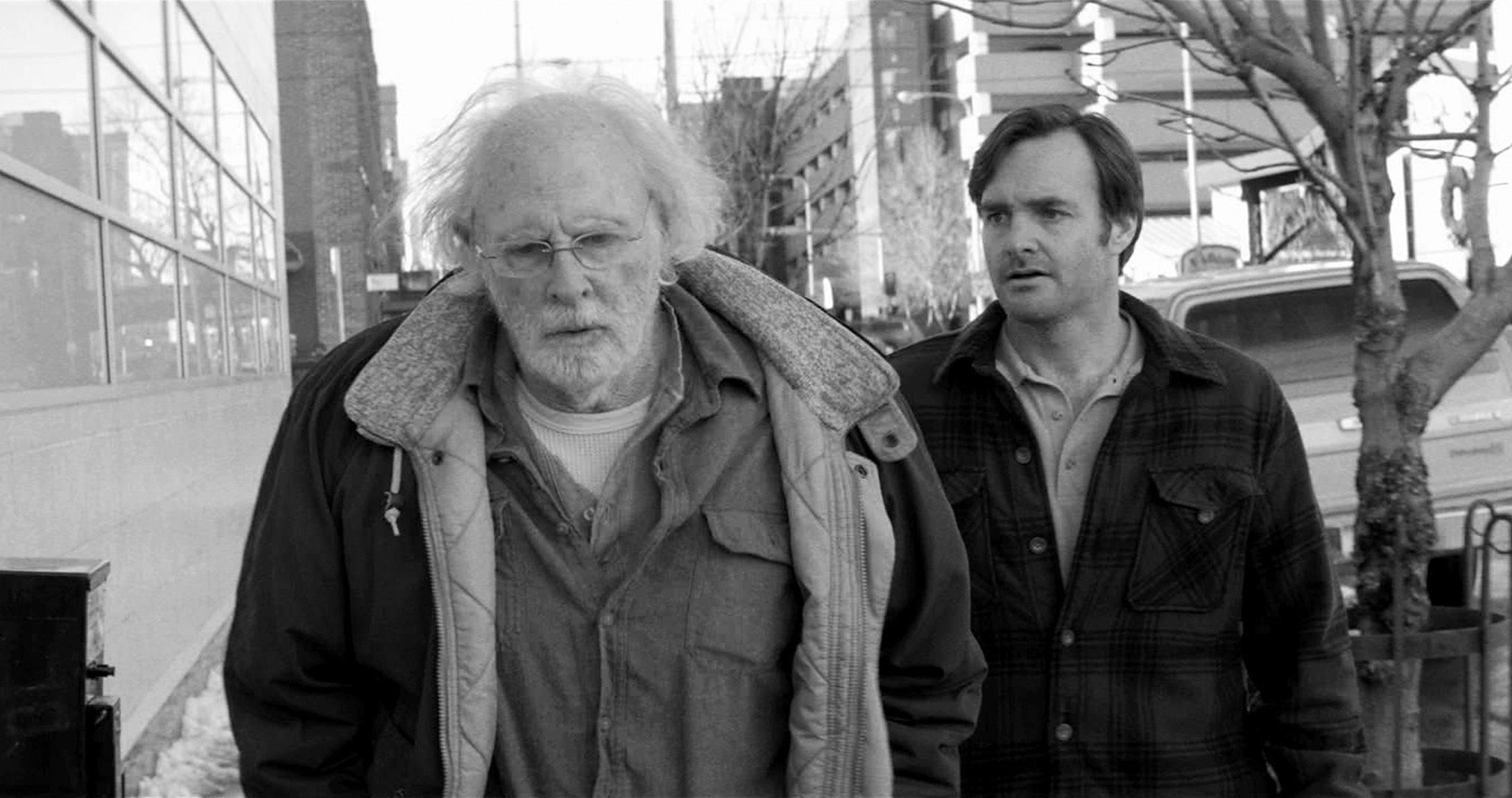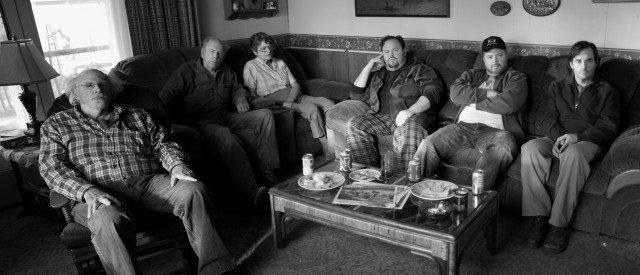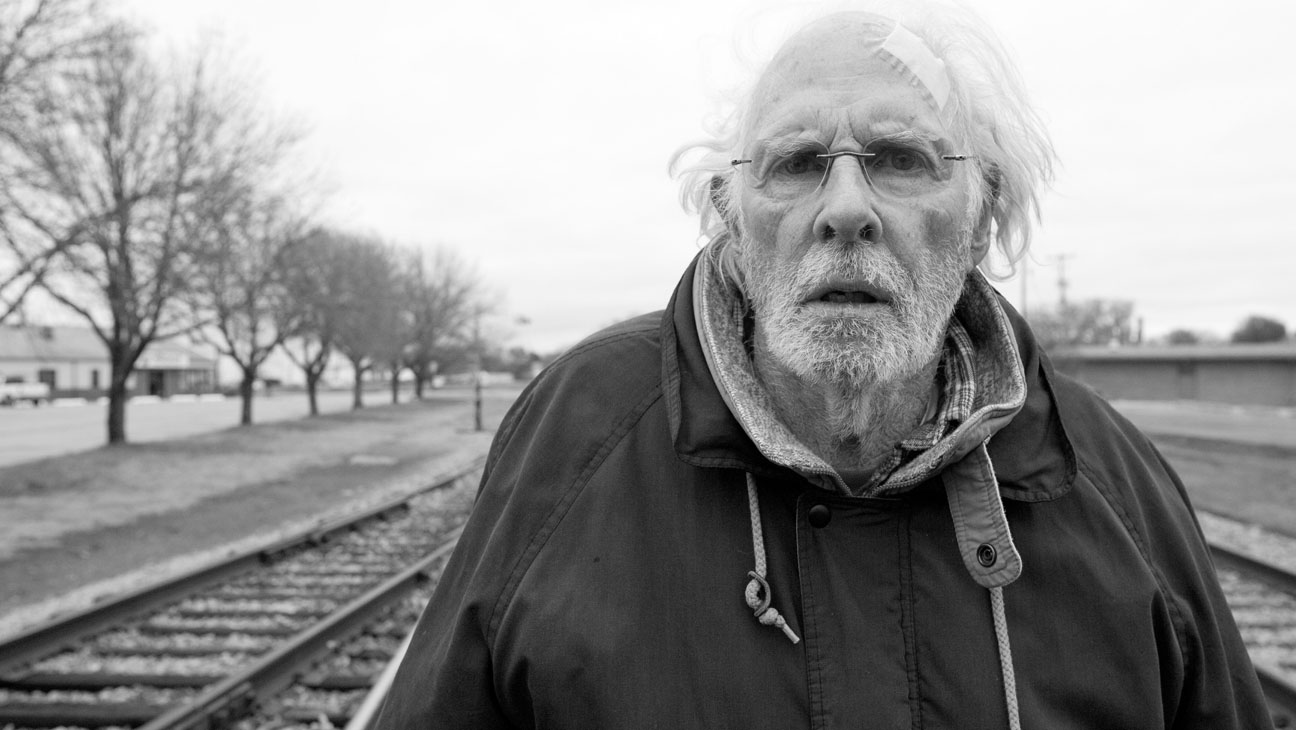Starring Karidja Touré, Assa Sylla, Lindsay Karamoh and Mariétou Touré
Written and directed by Céline Sciamma
Running time 113 minutes
France 2014
Our last movie - Rififi - was set in 1950s Paris and followed a group of thieves as they planned and carried out a seemingly impossible jewel robbery. Girlhood (Bande de filles) also takes place in the French capital -this time in the present day and features a gang - but an all female one. Their shoplifting exploits and the mayhem they cause around them are not the result of careful preparation but exuberance as they face the prospect of a summer out of school with nothing to do…
Marieme is 16 and determined not to follow her mother’s path as a hotel cleaner. She begins hanging out with a girl gang in the banlieue where she lives and before long has been accepted as a member.
She learns to fight and when the gang leader Lady is defeated she steps up to the plate…
The writer and director of Girlhood, Céline Sciamma, avoids the cliches that inhabit most coming-of-age stories. The film does not judge its young protagonists but celebrates their energy and lust for life. In another’s hands this might have been a gloomy and depressing tale but instead it is raucous and dynamic. The cast is excellent - particularly Assa Sylla as Lady and Karidja Touré
as Marieme. The use of pop music is excellent - particularly in the scene where the girls lip-synch to Rihanna’s hit song ‘Diamonds’.
The director has said about the film”French young women today are this girl' - her
examination of girl power has been accused of exoticising its subjects but in the end Sciamma has created a real and fascinating bunch of characters from a group rarely very portrayed on screen.
